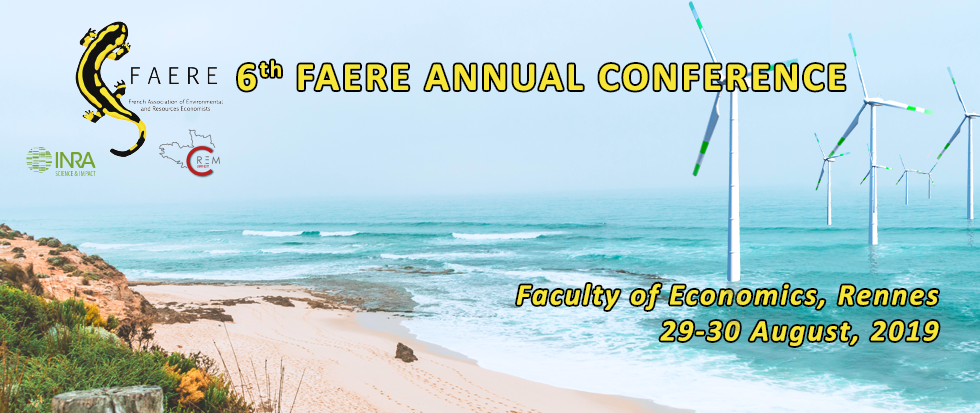This paper emphasizes the value of addressing both environmental and development objectives. We consider one altruistic developed country and several heterogeneous developing countries. It is demonstrated that the coordination issue of countries to tackle climate change finds a simple solution when developing countries can expect to receive development aid transfers from the developed country. The timing of decision is central to the mechanism: Development aid transfers should be decided after global pollution is observed. The main restriction of our result is that it only holds if the developed country is altruistic enough to make positive development aid transfers to developing countries. Nevertheless, even from a purely selfish point of view, it is profitable for the developed country to implement an altruistic policy – which leads to higher welfare for all countries.



